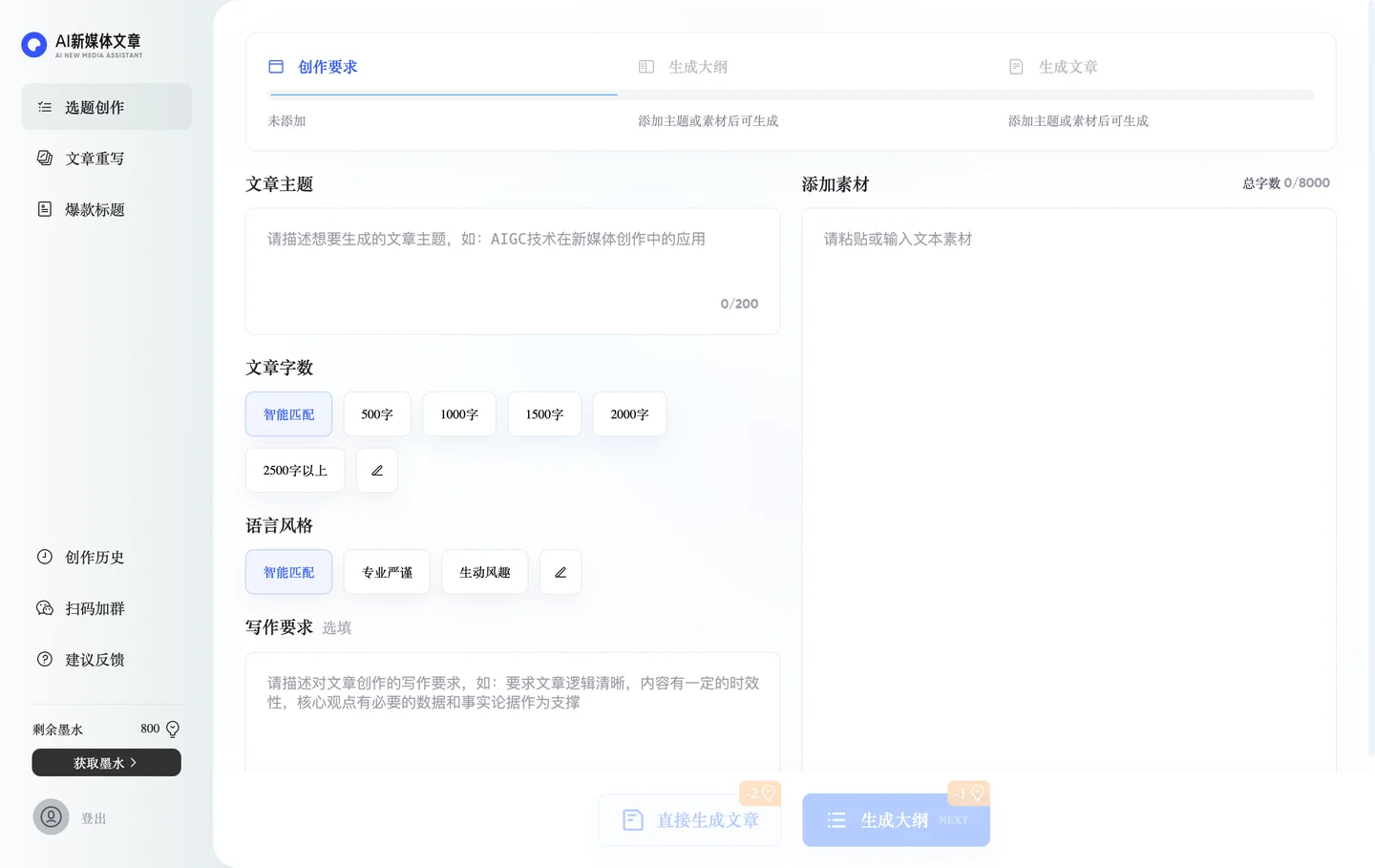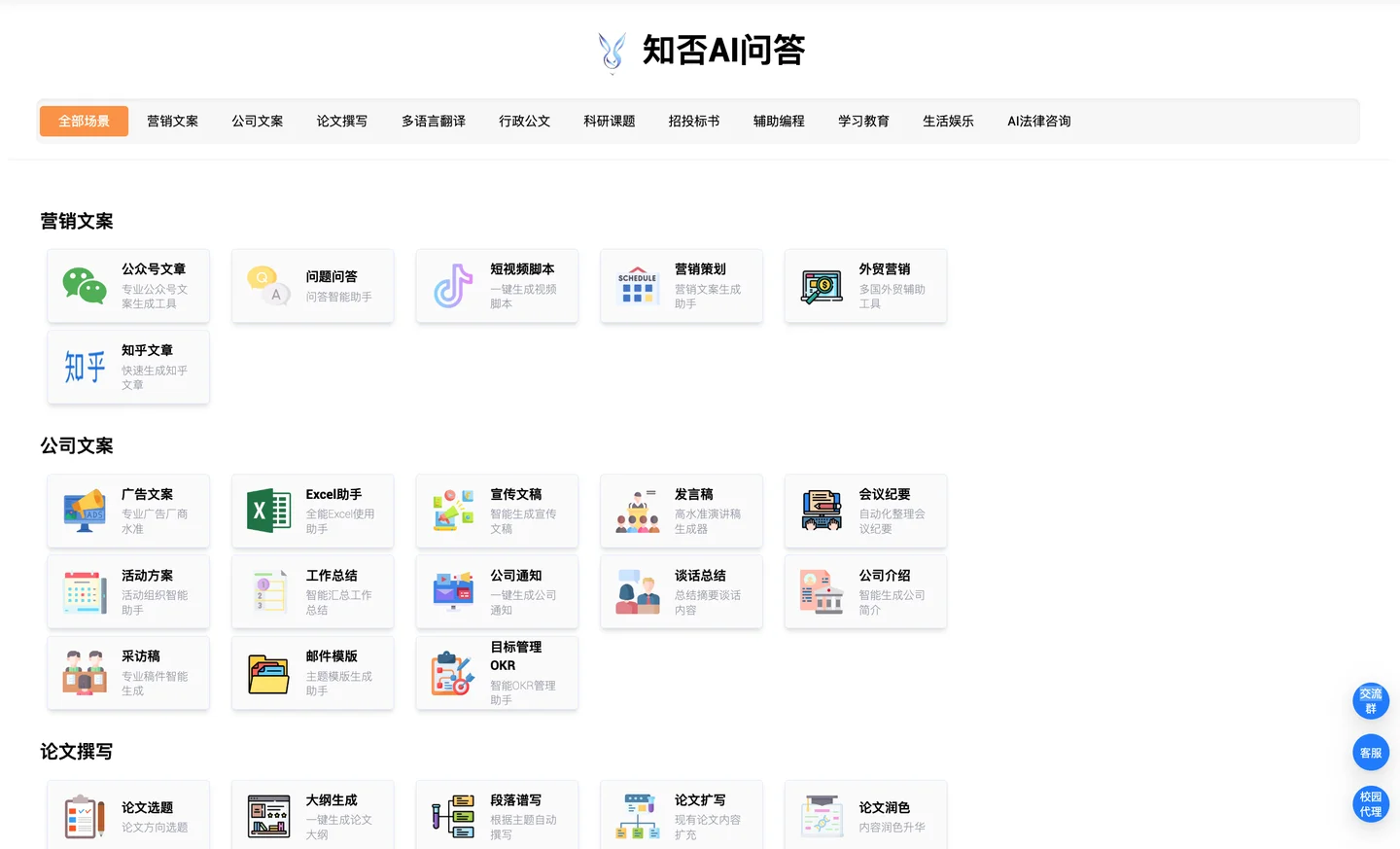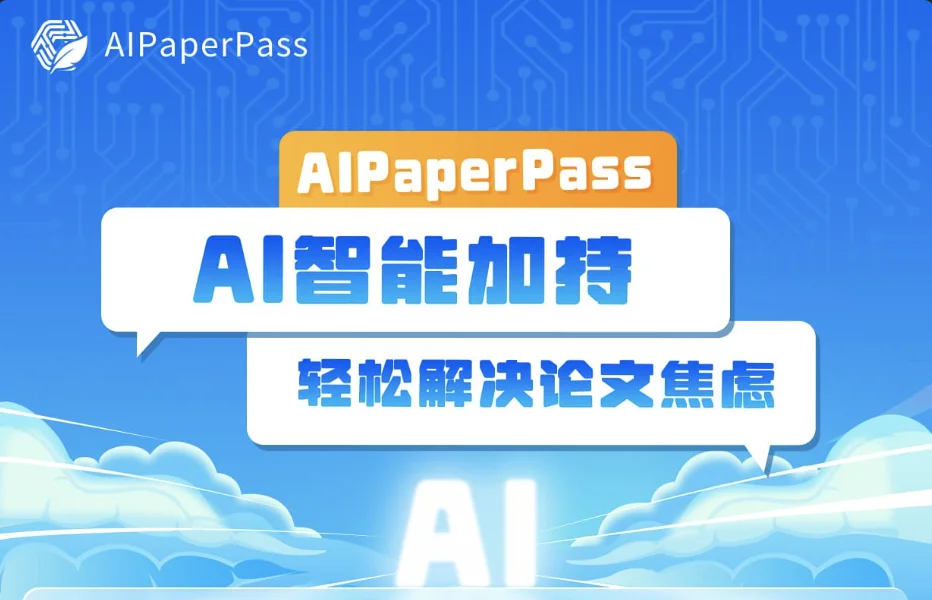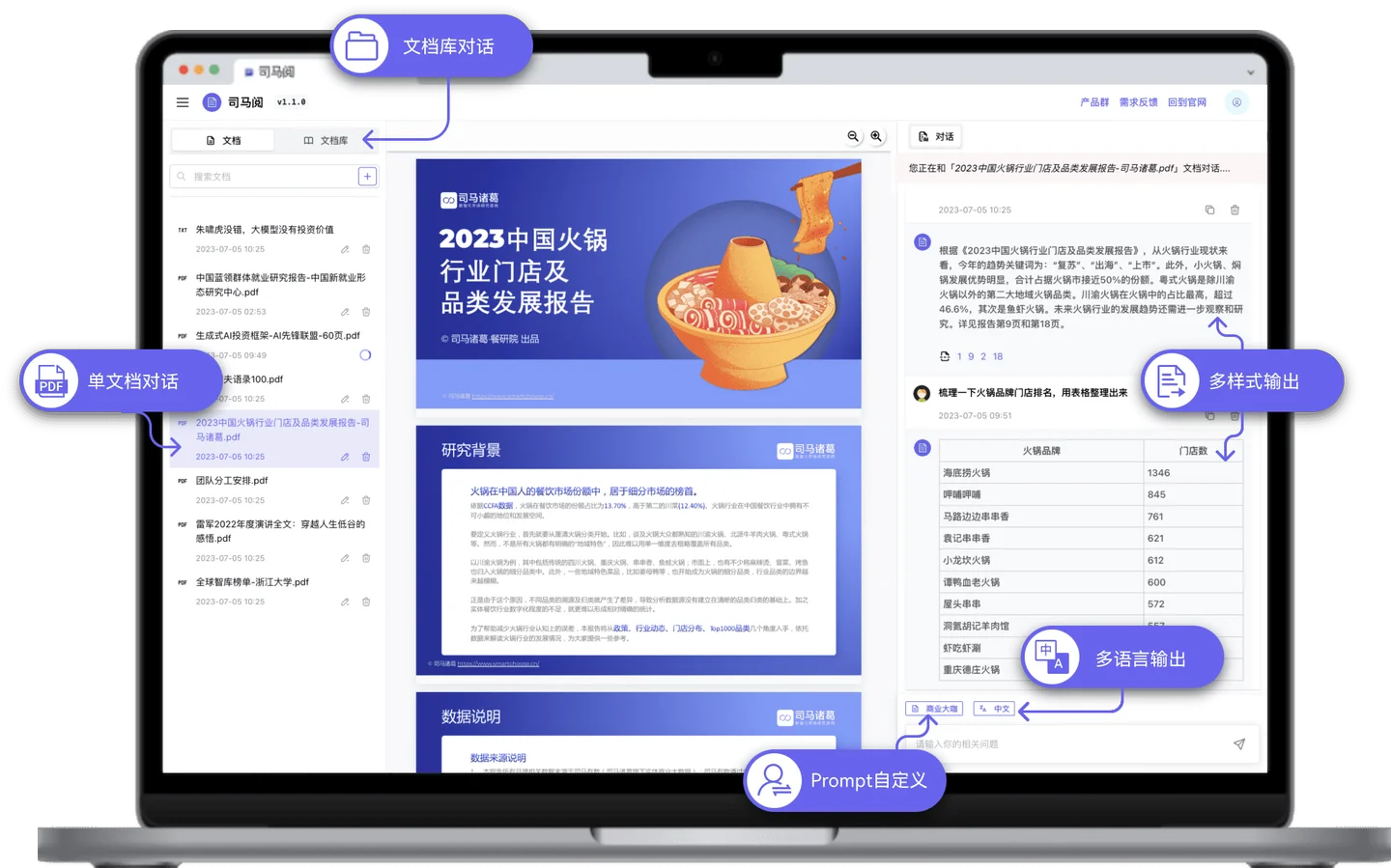Topline
The roaring success of ChatGPT, an artificial intelligence chatbot created by U.S.-based OpenAI, has sparked a frantic rush to get new AI products to market, a frenzy that is consuming tech’s biggest behemoths and countless startups as they fight for space in the emerging sector.
Companies are rushing to get AI products to the market after the launch of ChatGPT.
Key Facts
Microsoft, which has invested billions in ChatGPT creator OpenAI, swiftly tapped the chatbot to enhance its Bing search engine and Edge web browser and is betting big that AI will define the next generation of big tech.
The decision goaded Google into launching its own AI chatbot, Bard, which gave an incorrect answer in a promotional video, failed to impress investors and erased $100 billion in value from parent company Alphabet.
Chinese tech giant Baidu announced plans to integrate its AI chatbot Ernie into its search engine services from March, though little is known about its capabilities.
Other Chinese behemoths including Alibaba, JD.com and WeChat parent Tencent have stated they are working on ChatGPT-like products of their own—Tencent has reportedly set up a team to develop the product, according to Reuters—though details are sparse and they have not outlined specific timetables for when they will implement them.
Among U.S. giants, Apple has been conspicuously absent from the AI race but is reportedly making moves signaling a launch is on the horizon and on Tuesday Amazon, which has been working on similar tech for a long time, announced a partnership with Hugging Face, an AI startup developing a ChatGPT rival.
WhatsApp, Facebook and Instagram parent Meta, long a leader in the AI space, is reportedly more than capable of holding its own against rivals like ChatGPT but has held back over fears its AI tool would help spread false, biased or misleading information, already major problems on its platforms.
Key Background
The launch of OpenAi’s ChatGPT has triggered a gold rush in Silicon Valley and other global tech hubs around the world, and companies are now rushing to keep pace or get behind. The tech is grouped under the heading generative artificial intelligence, an umbrella term for systems that can produce new text, images, video and other outputs like code and music on their own. It takes vast amounts of data to train such systems and the output, which depends on the data used to train it, can reflect any biases, errors or falsities inherent in the original dataset. The ability for products like ChatGPT to generate novel content has been heralded as the dawn of a new age and in the few short months ChatGPT has been available to the public it has already threatened to disrupt numerous fields and raised new questions for businesses. Teachers are struggling with how to handle, or detect, students using the chatbot to cheat, publishers have been inundated with a flood of AI-generated content of questionable quality and media outlets are looking at using the tool to write news stories. JPMorgan Chase has restricted the use of ChatGPT by staff, reportedly due to regulatory concerns over sharing data. Amazon reportedly has similar fears. ChatGPT has been banned in its entirety in China. The restrictive state, no stranger to limiting content its citizens can access online, clamped down on the tool and called it an instrument of Western propaganda.






